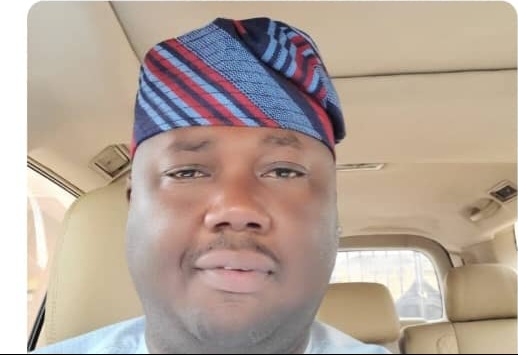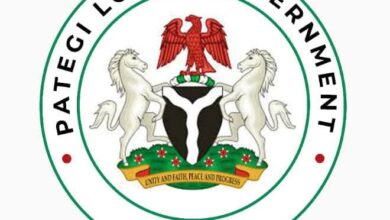FROM CRITICS TO DEFENDANT: LESSONS FROM KWARA’S RECENT FORFEITURE RULING

By: Abdulhafeez Bature
In the ever-turning cycle of politics, power is fleeting, but accountability is eternal. No Nigerian political figure understands this better than Dr. Abubakar Bukola Saraki, former Senate President. For close to two-thirds of his tenure as Senate President, Saraki endured ceaseless political persecution disguised as prosecution. Every institution was weaponized against him. Yet, in the end, justice prevailed. He walked free, his name cleared, his integrity intact.
Among his loudest detractors then was Kayode Oyin Zubair, a political lightweight who built a reputation on throwing stones from a glass house. His obsession with attacking Saraki became a full-time mission—blinded by hate, powered by hypocrisy. But as fate would have it, the same court system he once cheered when used against others has come knocking at his own door.
Today, Oyin Zubair stands disgraced—not by persecution, but by prosecution and proven complicity. Though his media office attempts to spin the narrative by claiming the case is “civil” in nature and under appeal, the facts remain: he is the subject of a court-ordered final forfeiture of tractors and tricycles linked to ₦72 million in a scandalous scheme tied to a failed transport empowerment program. Whether the matter is labeled civil or criminal, a crime is a crime—and shame is still shame.
Let’s not mince words. The forfeiture was not voluntary. It was secured by the EFCC after presenting sufficient evidence to convince the court that the assets were connected to illegality. Hiding under the technicality of a “civil” process is cowardly and dishonest. The average Kwaran doesn’t care about legal gymnastics—they know when public trust is violated, and they know the difference between service and self-interest.
Even worse is the attempt to claim that public funds weren’t involved. How does one explain that an official of government, serving in a sensitive capacity, used his “personal goodwill” to facilitate access to millions in public-facing schemes? That in itself is abuse of office, plain and simple. Any decent public servant, if wrongly implicated, would step forward in dignity to clear their name—not hide behind press statements and PR tricks.
Zubair’s disgraceful fall should also serve as a wake-up call to Governor Abdulrahman Abdulrazaq. It happened under your nose. If this doesn’t make you pause and reflect, what will? The people of Kwara are watching. They know what has come in as federal allocations, grants, and IGR in the past six years. And when your own time is up, no amount of media spin will shield you from the questions that must be answered.
To our newly installed local government chairmen, beware. Some of you have already gone on air declaring that “the governor gave us money.” That one reckless statement confirms the worst fears of the people—that local government autonomy is dead in Kwara. But let it be clear: you, not the governor, will be held responsible for how local government funds are spent. No one will plead ignorance when the storm of accountability comes.
Finally, to those who once demonized civic organizations like ENETSUD for demanding transparency, this moment should be a moment of vindication. What they stood for—questioning shady transactions, probing inflated projects, exposing secrecy—is exactly what would have prevented the likes of Oyin Zubair from disgracing public service.
Let this serve as a final warning: no one escapes accountability. Public office is a trust, not a trophy. If you exploit it, you will pay for it—maybe not today, but certainly tomorrow.
Dr. Bukola Saraki emerged from his trial stronger and vindicated. Oyin Zubair, on the other hand, has emerged from his as a convicted face of moral failure—regardless of what he or his handlers call it.
Let those in power choose wisely the legacy they want to leave behind.
Abdulhafeez Bature is of Ali Ahmad Youth Brigade (AAYB)





